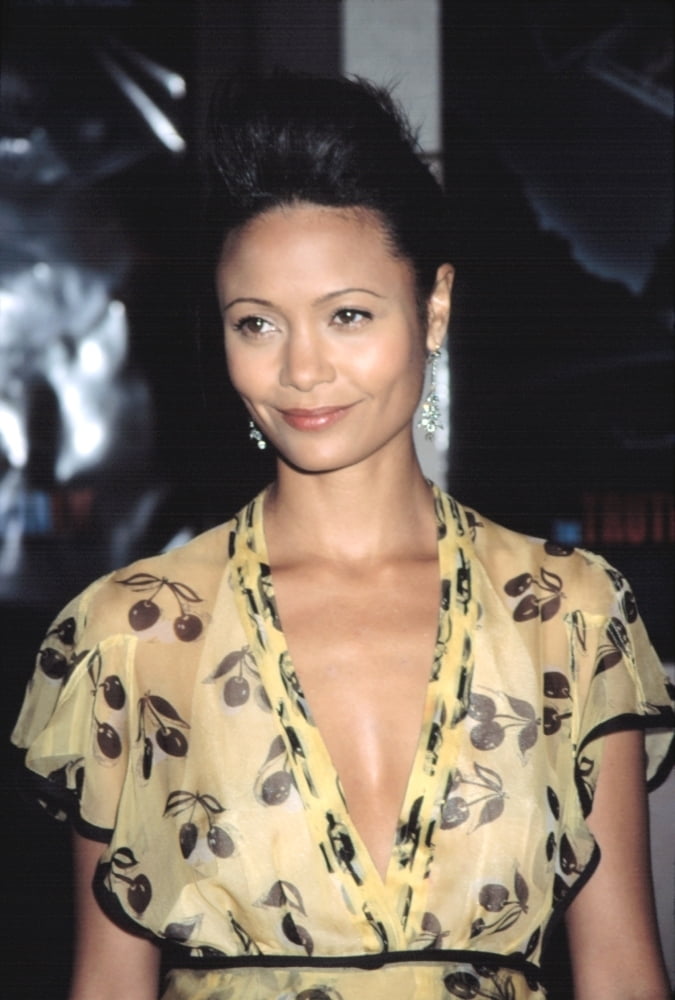

Instead, she searched for a retailer to house and sell what she had created, agbada kaftans that took inspiration from traditional Yoruba styles and dyeing processes. Yet Ladoja was resistant to the idea of launching a brand. ‘‘The resources I had were my tailors, access to fabric, fabric markets, and suppliers,’ she says.’ She needed to find another source of income. Then the COVID-19 pandemic happened and the world stopped for a second as did Ladoja’s consulting work. Instead, Ladoja turned her focus to consulting, working behind the scenes for brands like Lagos Fashion Week. ‘‘I just felt like I had just been scarred too much,” she says, “and there was too much trauma there.’’ Closing the business left her not wanting to be involved in fashion ever again. She learned that working with local tailors to recreate her designs, which were often foreign to them, was a Herculean task that only led to more surplus items. Sourcing supplies in Nigeria was difficult and even when she would get the supplies, finished products would often sit in warehouses, going to waste. That was the start of Grey Projects, a high-end retail brand in the vein of Zara that stocked ready-to-wear fashion pieces created with Africans in mind.īut in 2019, a decade after launching the brand, Ladoja had to shut down Grey Projects. ‘‘And it was always someone bringing a suitcase into the office and everyone going through it, or running down to the market to see what they could buy.” It made Ladoja think: people should be able to shop in nicer environments than this. ‘‘I recognised how people were shopping,’’ Ladoja says. For many, shopping meant sellers had to come into their places of work or buyers had to rush to stores after work. She started a brand in the late 2000s, observing how many of her peers shopped, noting that at the time, online shopping wasn’t as readily available as it is today and that many Nigerians didn’t trust the few online stores that did exist mostly. These influences are what interested Ladoja in fashion when she was in university. ‘‘I was more interested in putting things together, not necessarily the style element of it, but the construction, the process of it.’’ Her favorite designers - the likes of Miuccia Prada, Vivienne Westwood, John Galliano, and Alexander McQueen - are all designers who focus on intelligent fashion, and the purpose behind every design choice they make. Washington D.C.From a young age, Ladoja has always been interested in fashion, design, and the process of design in particular. Screen Actors Guild Award for Outstanding Performance by a Cast in a Motion Picture Satellite Award for Best Cast – Motion Picture Phoenix Film Critics Society Award for Best Cast London Film Critics Circle Award for British Supporting Actress of the Year Hollywood Film Festival Award for Ensemble of the Year Nominated – NAACP Image Award for Outstanding Actress in a Motion PictureĬhronicles of Riddick, The The Chronicles of RiddickīAFTA Award for Best Actress in a Supporting Roleīroadcast Film Critics Association Award for Best Cast Truth About Charlie, The The Truth About Charlie Nominated – Razzie Award for Worst Supporting Actress Nominated – Empire Award for Best British Actress Nominated – Blockbuster Entertainment Award for Favorite Female - Newcomer

Nominated – Satellite Award for Best Supporting Actress - Motion Picture Nominated – NAACP Image Award for Outstanding Supporting Actress in a Motion Picture Nominated – Black Reel Award for Best Actress Interview with the Vampire: The Vampire Chronicles Her daughters are named after the character Ellen Ripley in the Alien movies and the singer Nico. The couple have two daughters: Ripley, born in 2000, and Nico, born in 2004. She married English writer/director/producer Ol Parker in 1998.


 0 kommentar(er)
0 kommentar(er)
